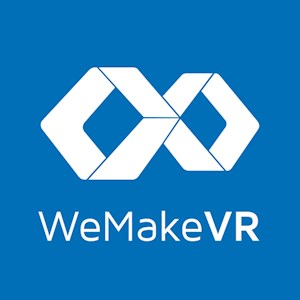Tilo Hartmann, professor of Virtual Reality and Communication, is looking for ways to tackle this challenge. Interviews with the Amsterdam Sustainability Institute revealed that the best way to improve the state of the oceans is to reduce plastic consumption. This requires consumers to be aware of exactly how much plastic they use and to see the problem with their own eyes—both of which can be achieved with a VR app.
The app, which is currently under development, draws users into an interactive story and tests their sustainability knowledge. In a playful way, the VR environment then confronts users with the extent of their personal plastic consumption. Given VR’s capacity to illustrate size and space, this makes a big impression. Finally, users receive concrete examples of how to reduce their own plastic consumption. The app should encourage people to take a critical look at their use of plastic and increase awareness of this issue.
The use of VR allows researchers to study human behaviour in ‘real-life’ contexts. It also enables users to visit places they may otherwise never see, and be confronted with urgent and complex problems.
Hartmann is studying human behaviour through VR and developing the app together with Guido van Koningsbruggen of the Department of Communication Science, in collaboration with Hande Sungur (project leader, University of Amsterdam), WeMakeVR, the Amsterdam Sustainability Institute and the Network Institute. It is part of the VU Amsterdam project A Broader Mind.



